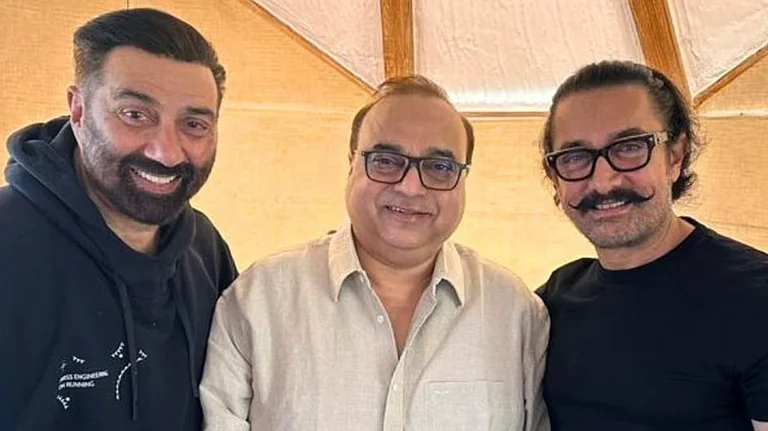AS if the recent standoff between cable operators and the government wasn't enough, the I&B ministry's new programming code is likely to further aggravate the controversy between the government, the channels and the cable operators. The guidelines of the recently amended Cable Television Network Regulation Act, which specifies a complete ban on adult shows, aims to drastically change current patterns of TV programming.
"All programmes will now have to be in conformity with the programming code prescribing norms of decency, morality and national security," said I&B minister Arun Jaitley, while announcing the amendments. To which Vipin Mehra, spokesman for the newly-formed Cable TV Operators' United Front that includes 1,500-odd franchisees of four major cable networks controlling the Delhi market, said: "We'll relay what the channels will telecast, but the government should make it clear with the channels and avoid breathing down our necks."
There seems to be no immediate need for such a regulation. Porn channels like Russian TB6 have been off air for a while and there're no studies to suggest any upsurge in sex and violence on the tube. Quips . Bhaskar Rao of the Delhi-based Centre for Media Studies: "These interventions act like a brake to the momentum of the broadcasting industry. A programming code's desirable but not on such an ad hoc basis." Agrees Akhila Sivadas of the Centre for Advocacy and Research: "It amounts to bullying. The government's just flexing muscle."
Then there's the larger difficulty of implementing the rules. "Reasonable restrictions and safeguards are essential but this is like putting the cart before the horse with no mechanism of enforcing the norms in place," says Sivadas. Had the private channels been uplinking out of India, they'd have had to comply with the laws of the land. But the government has no direct control over them, and have made cable operators a scapegoat. "While channels continue to earn revenues, I land up in the jail," says Rakesh Dutta of Cable Networks Association, who's planning to file a litigation against the government. Interestingly, the government's given no sign of coming down harshly on the broadcasters. When asked whether he'd ban a channel that doesn't comply with the new programming code, Jaitley said: "We're a liberal society. We'll ban only in the rarest of rare cases. Power to ban any channel is only with the Centre." No effective date for the rules has been specified either.
Nor do these rules seem to be made for major satellite channels. "It doesn't apply to us as we're a family channel," says Sony's chief operating officer Rajesh Pant. Rivals Zee agree. Says Ranjan Bakshi, Zee's Delhi-based vice-president, corporate communication: "Our programmes are family-oriented. Daughters can watch them with their parents and siblings."
To be fair, most major channels have their own codes of programming. The real issue, therefore, is of viewer-awareness. This can be achieved by channels giving statutory warning before shows, adequate parental guidance and ratings to movies. Another way to tackle the issue is through introduction of systems like V Chip or child lock. The adult channels can also be allowed to co-exist as encrypted channels.
But the crux of the problem, as Rao says, is that "these measures are all reactive." "There's no body for mediation or grievance redressal," says Sivadas. Discovery (India) MD Kiran Karnik had suggested that an independent body like trai monitor the industry like the Federal Communications Commission looks into matters of broadcasting in the US. But we have no such independent professional body mainly because the Broadcast Bill is still hanging in balance even as the government promises a more comprehensive Convergence Bill.






















